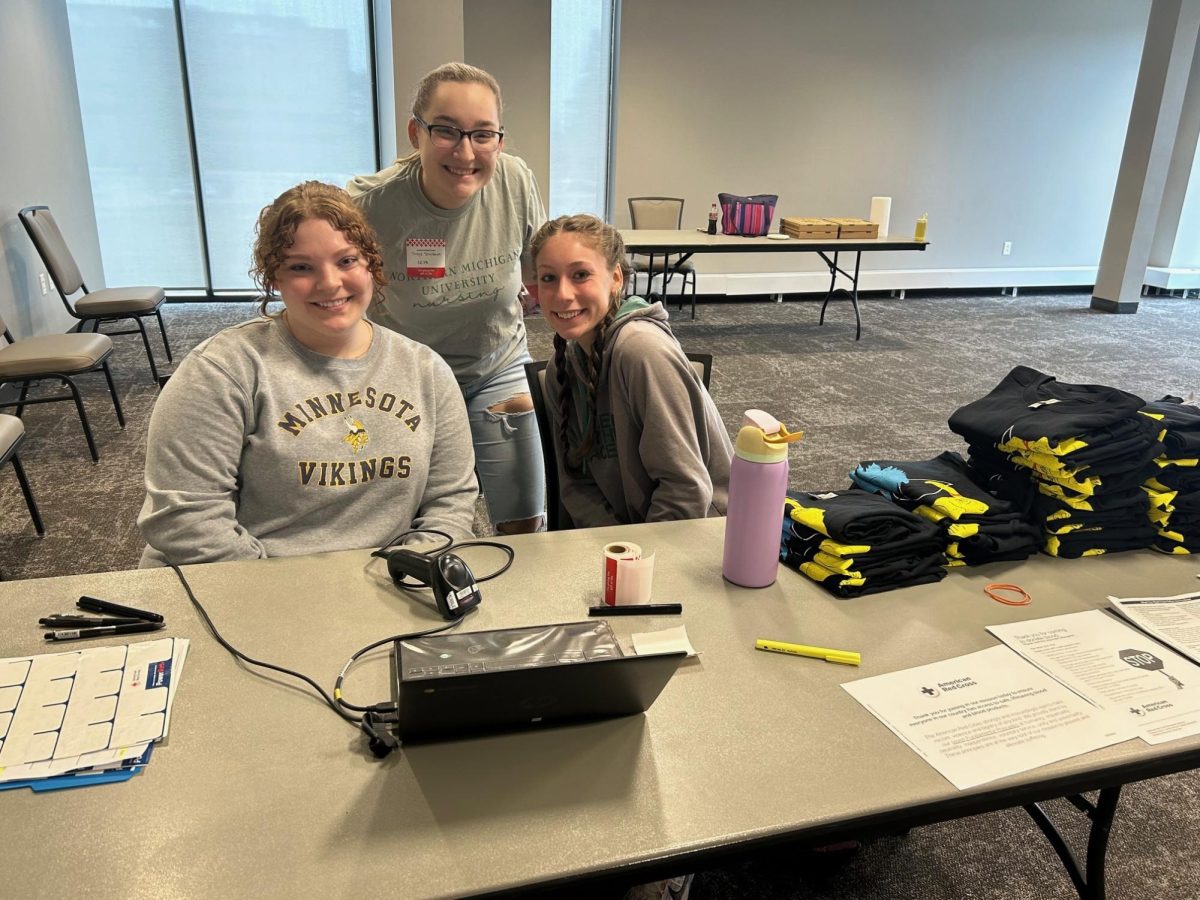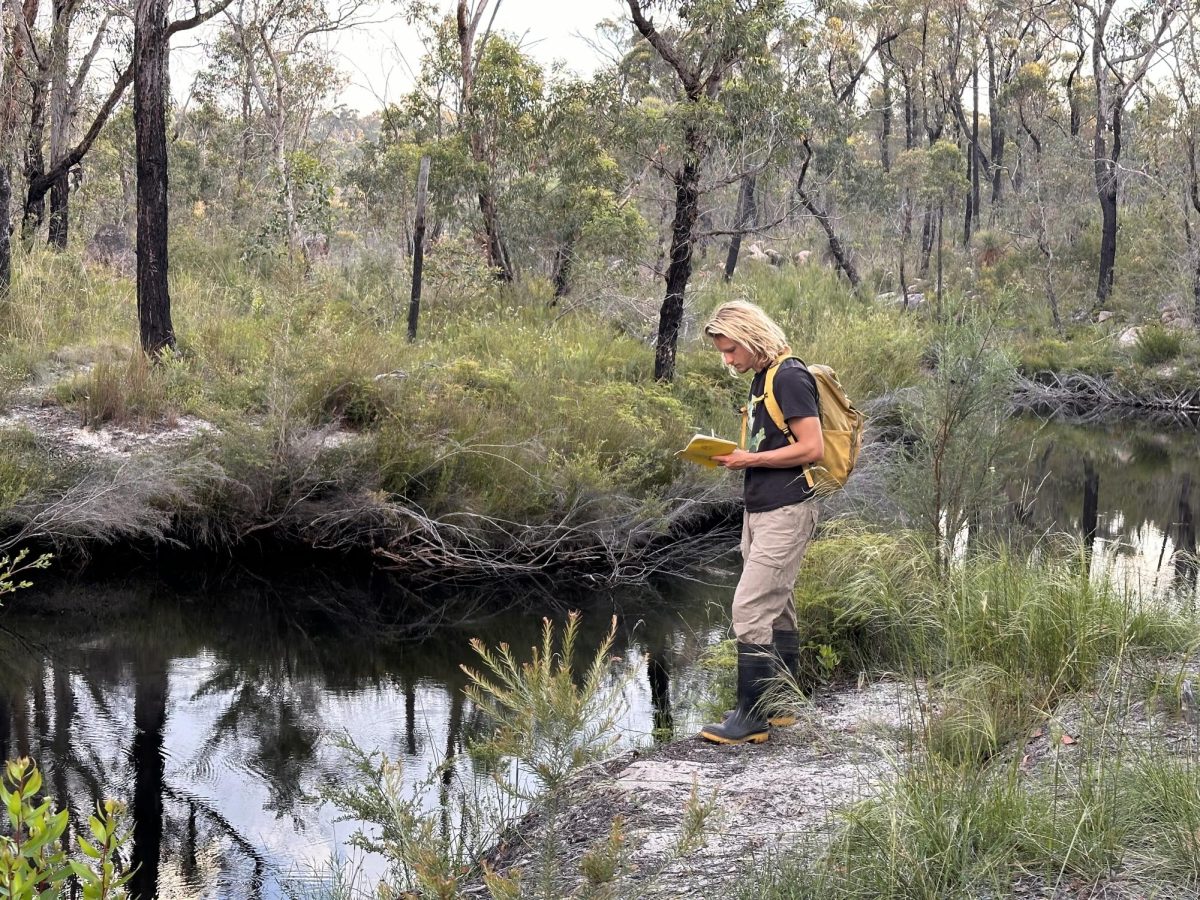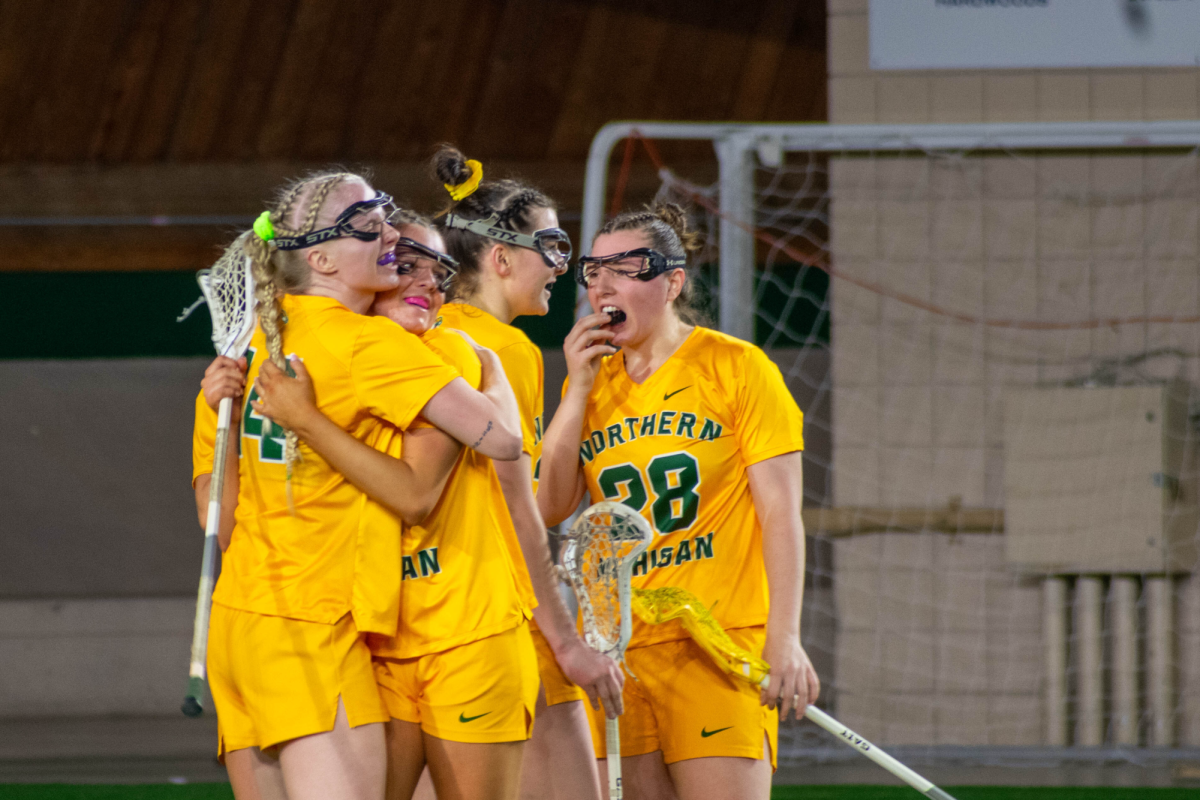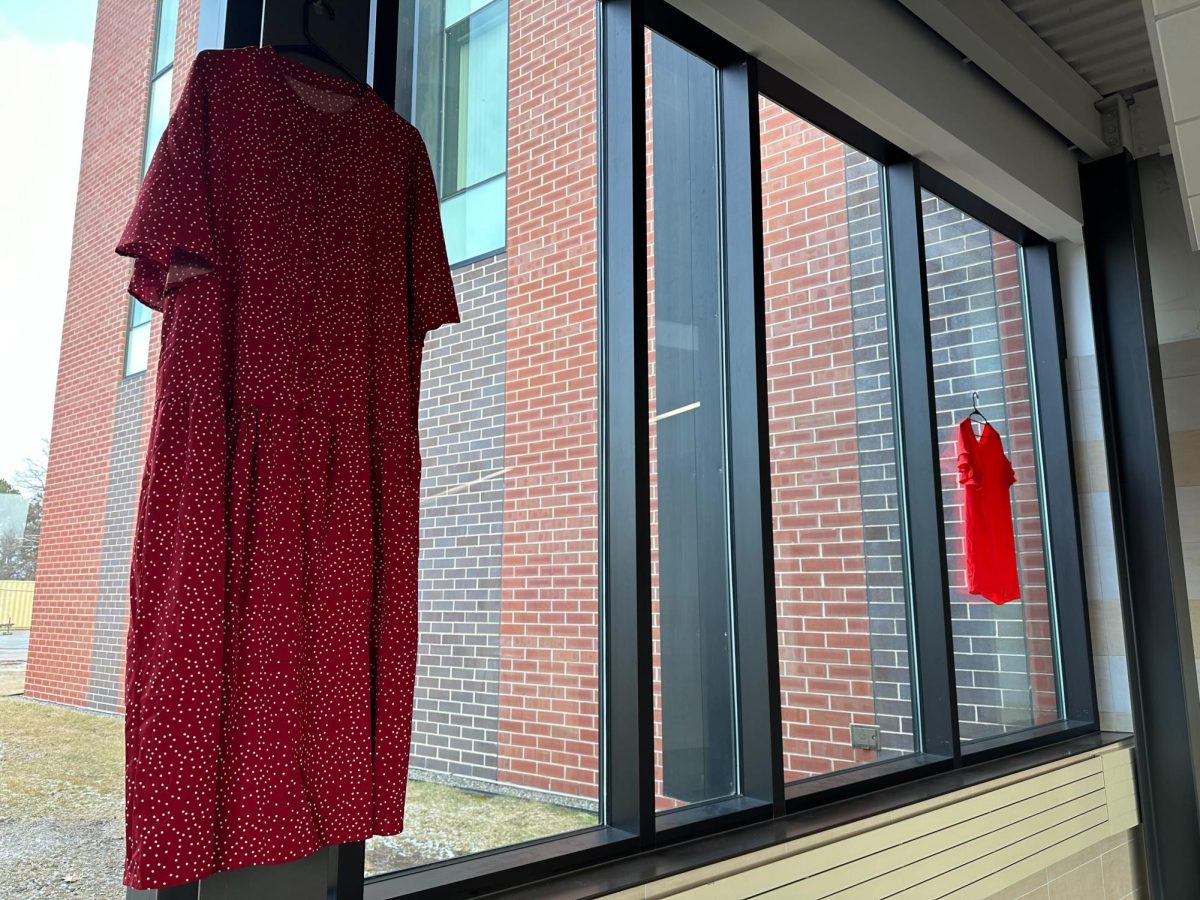As a portion of President Les Wong’s Roadmap to 2015, Lydia M. Olson Library is working toward becoming “the library of the future.” In an effort to do so, to make more room within the library and to create a more relevant book selection on the third floor of the library, 50 percent of books are being removed, which has caused some concern among students and faculty.
“What it all adds up to is improving access to what we have to offer and making it more visible in the stacks, making it more available online, making it clear what we have and making it easier to get to,” said Douglas Black, collection development librarian.
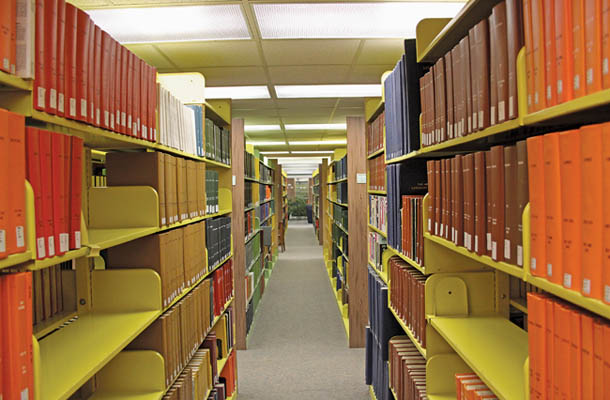
Books that haven’t been checked out or browsed in the past 15 years are being removed. Librarians are able to tell if a book has been browsed because any book that is taken off the shelves is scanned and recorded as having been picked up, suggesting that its presence in the library is important, and therefore it will not be removed. Some books, however, haven’t been touched in decades. The removal process of these books is called “weeding,” and, according to Black, it’s a regular process for libraries.
“It’s exactly analogous to weeding a garden. It should be done regularly to keep the collection updated and also to remove things that are getting in the way from distracting people from the good stuff that is there,” Black said. “And like many libraries, we haven’t done it in quite some time so things are more out of the date then we’d really like.”
Some professors worry that by removing books, Northern is at risk of losing important information. Nell Kupper, associate professor in the languages department, is concerned that the books that are being removed will be needed in the future, and that by removing them, the university is minimizing academic opportunities that are so important on a college campus.
“To go completely (electronic), or even 50 percent and relying ourselves entirely on electronic sources, is a real problem. It is not a scholarship path.”
At this time, if the book in question is not available electronically or through interlibrary loan, it is not being removed. Black believes that by removing books that haven’t been used in over 15 years will get close to the 50 percent goal that is stated in the Strategic Directions, the five-point plan for making the Olson Library the “library of the future.”
The plan is to use the extra space for books that will be bought in the future, but also to create more study rooms, which are used on a nightly basis.
“We try to balance our support for a curriculum and faculty research against (people who) come here to study and to work together,” Black said. “Studying in 2010 is much more a social group activity than when (I was) in college.”
It is currently unknown how much it would cost to remodel the existing space for more study rooms.
Most books that are taken off the shelves are being sent to Better World Books, a company that will attempt to sell the books to other libraries and on their website. From what is sold, 15 percent of the profit will be given back to Northern and 10 percent will be given to literacy programs around the world. According to Krista Clumpner, head of technical services and systems, this money will be used improve the library.
“We can use that money then to help to support the acquisition of new materials,” Clumpner said. “So it’s not like we’re just (giving them away). We actually get some money for this that allows us to then buy more materials.”
Getting rid of out-of-date material is also beneficial, said Mollie Freier, head of public services, because it allows for greater accessibility on the shelves.
“When you go up to the shelves when you’ve found one book on your topic and you found two other books on either side, you’re like ‘jackpot.’ When the books on either side are outdated or irrelevant to your topic or something like that, that ability to browse has been compromised because if the next book that would be useful to you on your topic is on the shelf below it, you’re not going to find it,” Freier said.
With Northern having such a large commuting population, Freier said that an increased focus on electronic text is useful for students. It’s also helpful for students at late hours or in bad weather.
“If it’s two in the morning and the library’s closed or it’s snowy or icy or otherwise unpleasant … being able to just look up the thing you need, right away electronically, is marvelous,” Freier said.
Librarians weeding the bookshelves are talking with professors from the various disciplines about the removal process and asking for opinions on what can or should be removed.
“I’m not withdrawing anything that I have the slightest hesitancy about, but next go around I’m going to ask them for their assistance because I don’t know what people are working on,” Freier said.
But the question remains whether the books should be removed at all.
Kupper said her main concern is that last semester’s contract change for faculty stated that, for promotion, one must do more academic research in his or her field. Kupper argues that in order to do this, the library’s resources are crucial.
“I think replacing hard copy texts with internet sources or using the interlibrary loan option is not a really good option, because it really will limit our ability to research as professors and scholarship, which is something that’s been an emphasis recently,” Kupper said.
Kupper hopes that Northern can find a solution for the books. She gave examples like University of Michigan’s Buhr Remote Shelving Facility, which is a climate-controlled storage facility for the books that are weeded from the university’s library, as a possible option for Northern.
“This is not a good decision on the part of humanity when people start discarding books. I think that there is a solution; other universities have created other locations maybe not as visible or accessible as our library is right now, but let’s find another place,” Kupper said.
Though Freier said that a remote storage facility has been discussed, finding a facility, maintaining and staffing it would be unreasonable.





